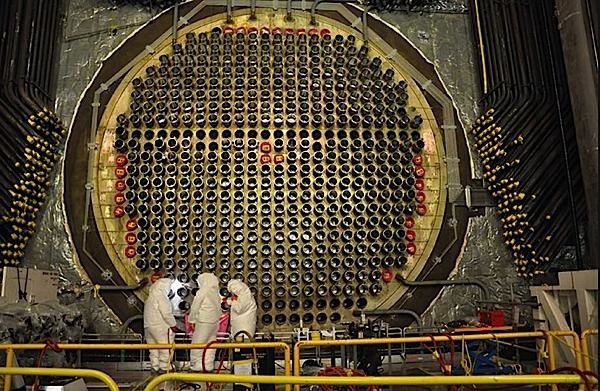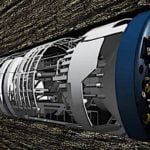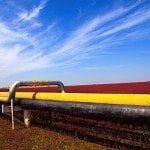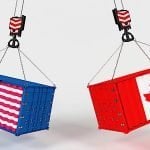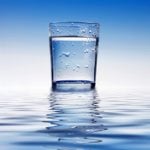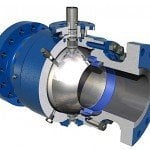Ontario is looking to increase cooperation with South Korea in the nuclear energy industry. Ontario’s Minister of Research and Innovation, Reza Moridi, was part of a trade mission, along with the Organization of Canadian Nuclear Industries (OCI), that went to Seoul to attend the thirtieth annual Atomic Power Conference in Seoul last week.
Korea currently has four CANDU reactors from Canada in its total complement of twenty-three. It plans to build eleven more reactors by 2024. A bi-lateral free trade deal between Canada and Korea came into effect in January and Moridi said he hopes it will lead to more activity in the nuclear energy sector. Korea operates more CANDU reactors than any other country except Canada, and nuclear reactor technology and uranium were among the top ten exports to Korea from Ontario last year.
Several important agreements were signed during the trade mission, according to a statement issued by OCI. They include deals for supply of reactor components and control systems for the country’s Candu reactors. Bruce Power and Ontario Power Generation announced signings of cooperation agreements with Korea Hydro and Nuclear Power Company. The agreements cover the sharing of best practices for nuclear plant operations and for refurbishment projects. The CANDU Owners Group, with members in seven countries, concluded a “multi-million dollar agreement” for increased collaboration in research and development.
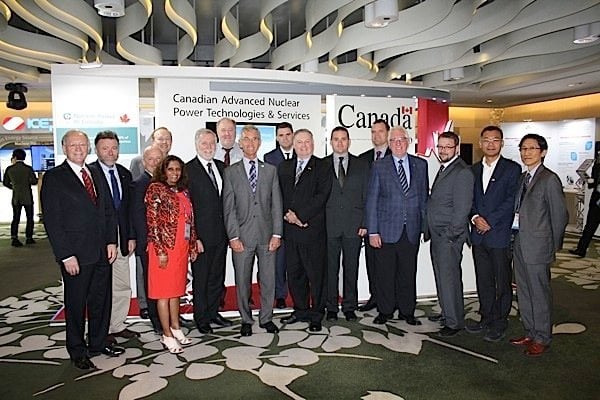
Speaking to the Korean newspaper Joongang Daily, Moridi attempted to downplay differences between the Koreans’ own light-water reactors and the Canadian-designed heavy-water CANDUs. He pointed out that Korea has a unique opportunity to develop its own hybrid nuclear technologies. “If Korea develops technologies to join the two, such technology can be Korea’s strength, which can also be exported to other countries. Korea will be the world’s first and only country that has such technologies,” Moridi said.
Moridi was also questioned about the problem of nuclear waste. The CANDU reactor, which uses heavy water, produces more nuclear waste than light-water reactors. Asked about better ways for Korea to manage its nuclear waste, Moridi replied that the country should use Canadian technologies to reuse spent fuels from its light-water reactors in the CANDU reactors. “Through this method, you can use the uranium fuel twice.” All that is required is some changes to policy and “technical adjustments” to connect the two systems.

